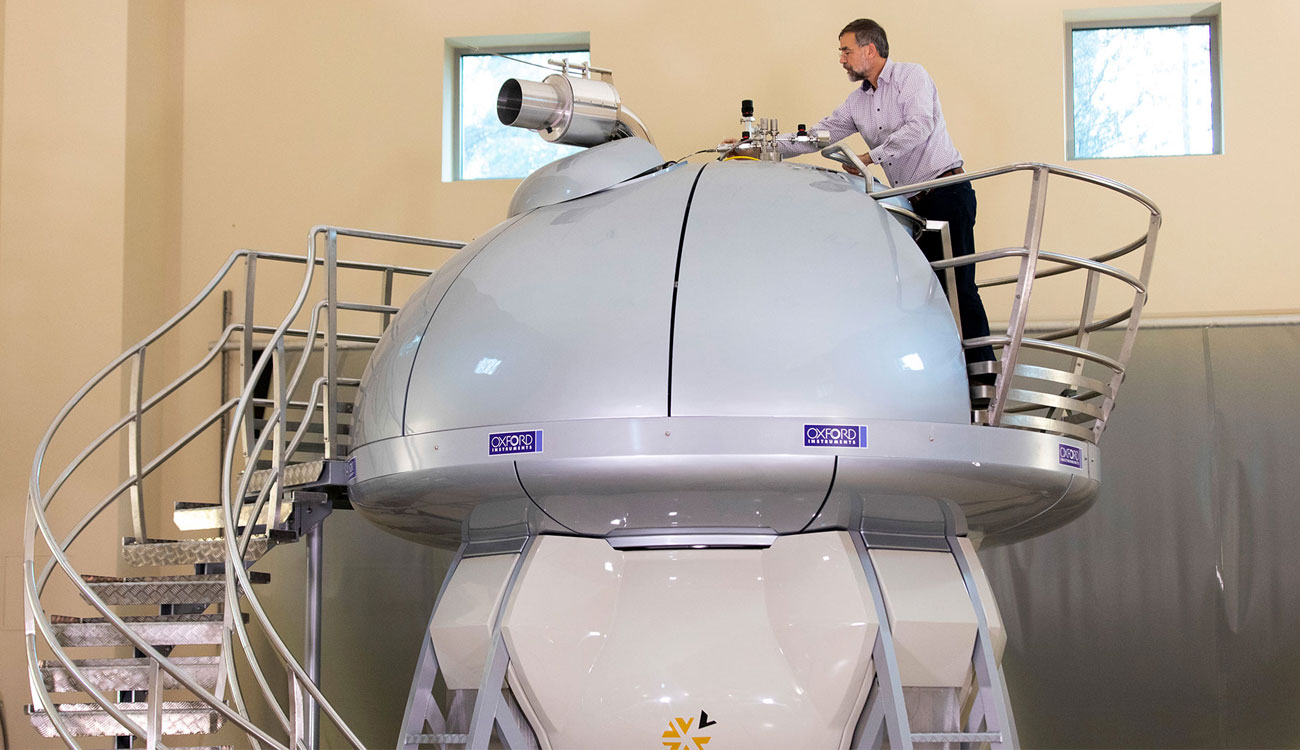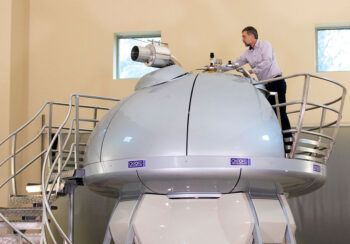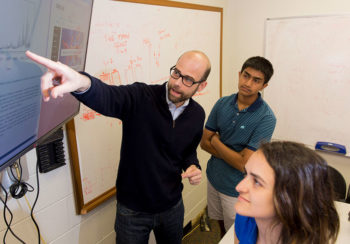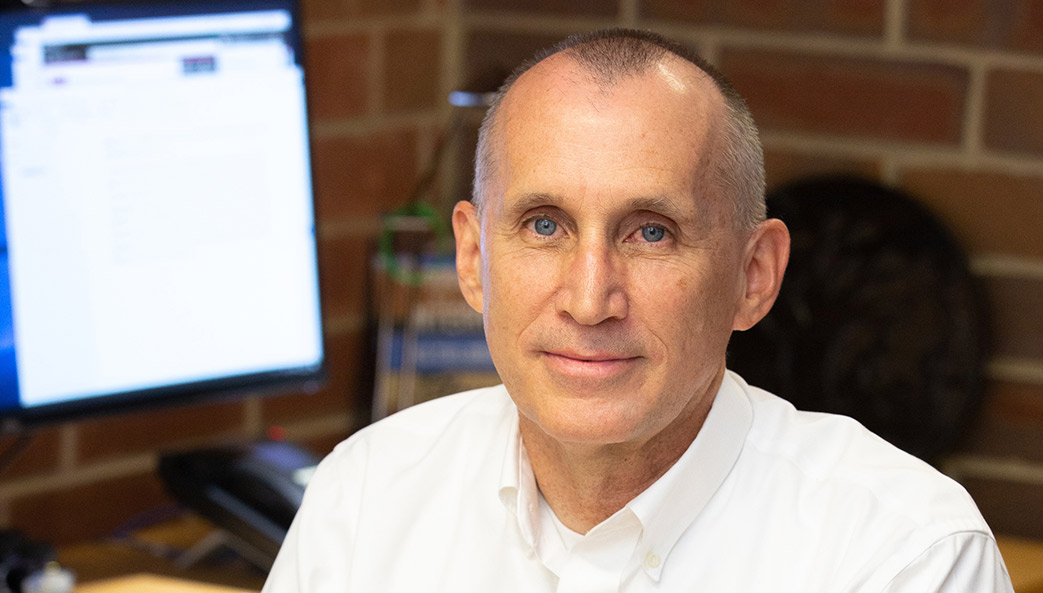Because these small molecules make up literally every living thing, there endless applications for his work, and Edison’s got his hand in dozens of projects happening around campus and beyond.
He’s working with Brian Hopkinson and Mary Ann Moran in Marine Sciences to see how climate change can affect metabolomic changes in phytoplankton in the world’s oceans. Considering that phytoplankton filters roughly half of the world’s carbon, even minor changes could have monumental consequences.
Edison is also working with other researchers at Georgia Tech and Emory to find markers of kidney cancer in urine and with scientists at the University of Florida to determine the effects of gestational cortisol, a common stress hormone, on newborn lambs. The lamb findings inspired a clinical study to see which women in a high-risk pregnancy group developed gestational diabetes and what markers can flag them as being higher risk for developing those condition. The goal is to find a marker to help tag patients as being higher risk for developing diabetes so health care providers can intervene early.
Another project with researchers at Emory has the goal of finding markers that would indicate the severity of a given case of prostate cancer. “We’d like to be able to have more simple measures that can provide clinicians with better tools to decide their course of action,” he explained.
But for Edison, that’s all in a day’s work.
“Whether it’s a specific disease or trying to find what makes a plant grow better, if you can measure the metabolites, you can know what’s really going on.”
– Art Edison, GRA Eminent Scholar in NMR Spectroscopy

About the Researcher
Art Edison
Georgia Research Alliance Eminent Scholar in NMR Spectroscopy
Franklin College of Art & Sciences
Complex Carbohydrate Research Center






